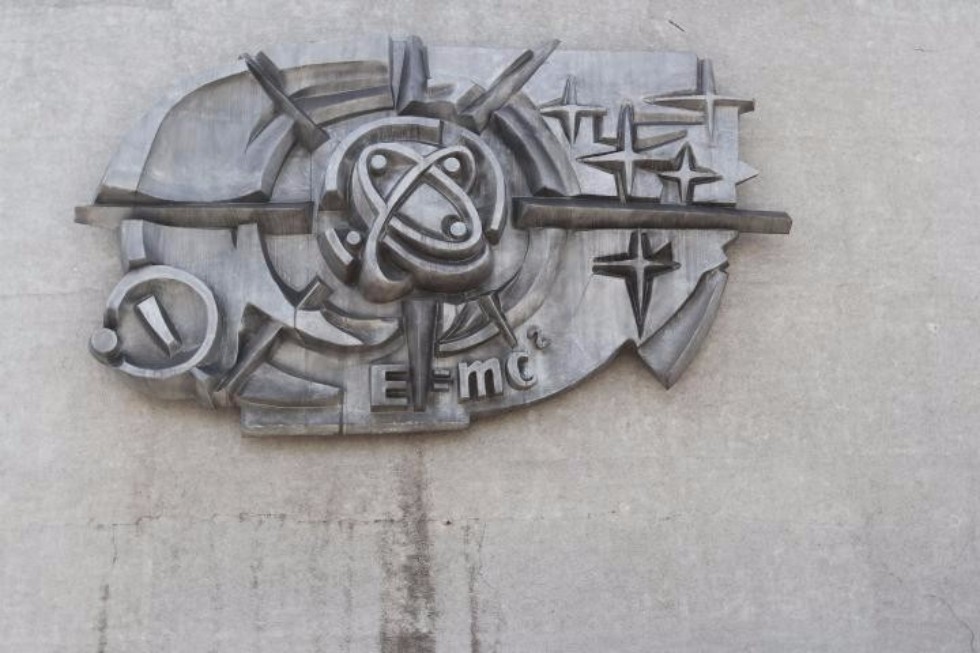Russian Science Foundation Grant Winners: Quantum Computing

A group of young researchers headed by Associate Professor Eduard Baybekov became one of the winners of this year's RSF competition.
The project’s full title is “Quantum computing based on magnetic resonance control of electron and electron-nucleus states of extrinsic paramagnetic centers in crystals”. It will now receive 5 mln rubles annually in the next three years.
As Dr. Baybekov told us, the topic has been in the works since 2009 in cooperation with French colleagues. The project was initiated by Baybekov’s research consultant, Professor Boris Malkin. The experimental part of the research has been handled by the KFU Quantum Electronics and Radio Spectroscopy Lab.
Dr. Baybekov stated that significant progress has been made in quantum computing lately. Currently quantum algorithms are demonstrated on systems with only 1-2 qubits. By using the specific quantum states of extrinsic ions in crystals Kazanites plan to carry out operation with 3 to 5 qubits.
«That would be a big step forward, a progress in the development of quantum computing because only 1-2 qubit operations have so far been realized in similar systems. The more qubits there are, the more complicated algorithms become possible. Ideally there should be around 300 in order to undertake serious tasks in quantum cryptography», said the interviewee.
He added that the grant funding will mostly be allocated for new equipment and travel expenses. There is an idea that can currently be implemented only in Germany, and the grant winners plan to move forward with their work.